FLEET managers could see substantial savings by switching to alternative fuels, a three-year study by the London Borough of Camden has shown. The council ran a small fleet of Iveco Turbo Daily vans on diesel, compressed natural gas and electricity during the study, run jointly with Camden Community Transport, a voluntary group.
Together, they brought together 12 partners from the public, private and voluntary sectors for the £2 million Accessible, Sustainable, Transport and Integration (ASTI) project, which had backing from the European Commission. Each van covered between 16,000 and 20,000 miles and figures for the cost of fuel for each vehicle showed that the three compressed natural gas vans cost 0.06p per kilometre, less than half as much as a diesel van (0.14p per km). The three electric vans were the cheapest at 0.03p per km.
However, although the council found that the fuel provided major savings in the long term, it has not yet been able to take into account the full cost of running each vehicle, including the cost of replacement batteries and conversion. Fuel supplies also had to be organised, including a special fast-charge electrical filling point.
Revealing the results of the trials this month, the council said it felt an environmentally-friendly fleet was financially viable. Since the trial started, the council has placed an order for a fleet of alternatively-fuelled vehicles, including 15 gas vans and eight electric cars, while a further 15 green vehicles will be added to the fleet next year. All of them replace diesel-engined vehicles.
Together, they brought together 12 partners from the public, private and voluntary sectors for the £2 million Accessible, Sustainable, Transport and Integration (ASTI) project, which had backing from the European Commission. Each van covered between 16,000 and 20,000 miles and figures for the cost of fuel for each vehicle showed that the three compressed natural gas vans cost 0.06p per kilometre, less than half as much as a diesel van (0.14p per km). The three electric vans were the cheapest at 0.03p per km.
However, although the council found that the fuel provided major savings in the long term, it has not yet been able to take into account the full cost of running each vehicle, including the cost of replacement batteries and conversion. Fuel supplies also had to be organised, including a special fast-charge electrical filling point.
Revealing the results of the trials this month, the council said it felt an environmentally-friendly fleet was financially viable. Since the trial started, the council has placed an order for a fleet of alternatively-fuelled vehicles, including 15 gas vans and eight electric cars, while a further 15 green vehicles will be added to the fleet next year. All of them replace diesel-engined vehicles.



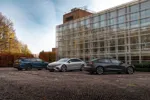

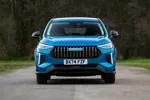
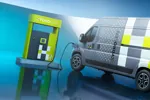

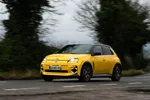
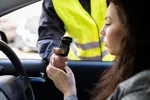


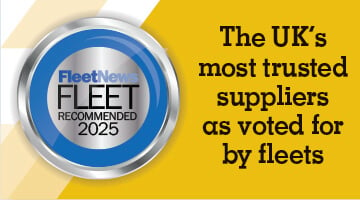

Login to comment
Comments
No comments have been made yet.